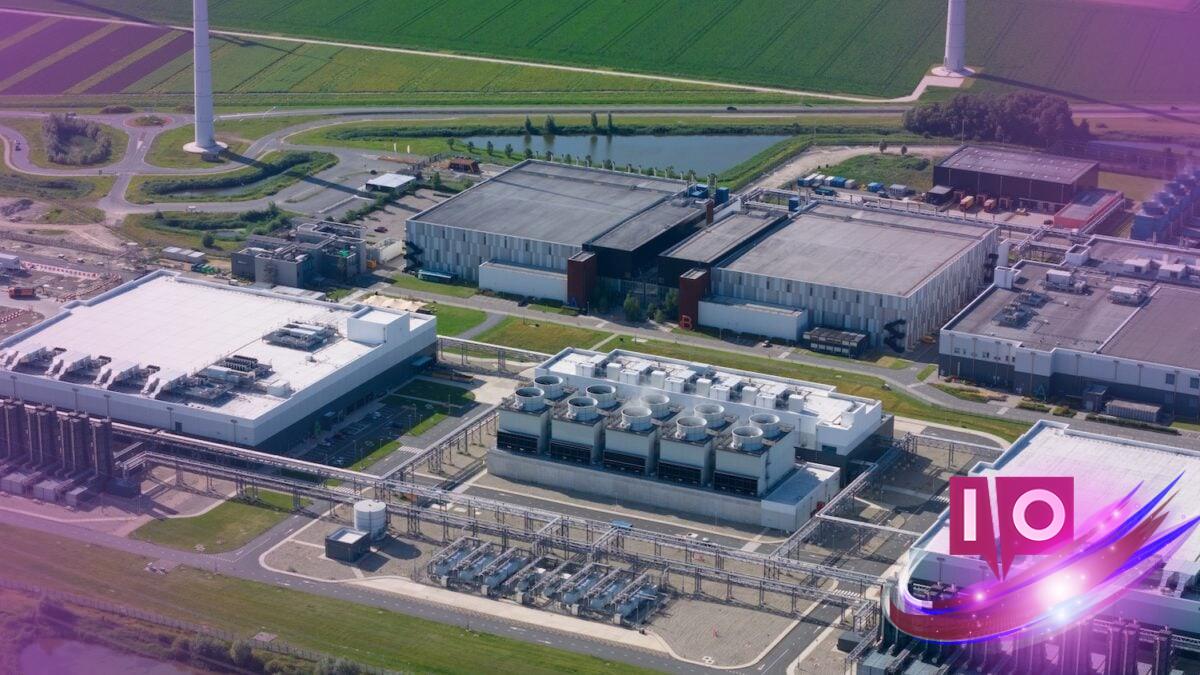The economic landscape is ever-evolving, and understanding the past can provide us with valuable insights into our current financial environment. If you weren’t around or attuned to the news during the unfolding of the 2007-2008 debt crisis, you might have missed the pervasive chatter about refinancing debt. It seemed impossible to escape offers buried in TV commercials and even on social media platforms like MySpace. At the heart of this frenzy were mortgage-backed securities, a concept that was both revolutionary and catastrophic.
Back then, these securities allowed individuals to secure remarkably cheap mortgages. By repackaging home loans into tradable assets, companies like investment banks and pension funds were lured into purchasing them. Lehman Brothers, once viewed as a stalwart financial institution, had heavily invested in these instruments. As defaults began to rise, these once-coveted assets suddenly plummeted in value. The result? Lehman Brothers’ bankruptcy in 2008, which catalyzed a financial crisis that wiped out over $10 trillion (€9.2 trillion) in wealth in the U.S. alone.
We’ve moved past that turbulent era, yet the economy faces different challenges today.
1. The Driving Force: AI in Today’s Economy
Currently, U.S. economic growth is heavily influenced by investments in artificial intelligence (AI). Entire towns are banking on data centers to reinvigorate their local economies. This dependency on AI reflects a significant shift from the real estate-driven economy of the past. Even the real estate sector, which contributed to the 2008 crisis, is being bolstered by the demand for data centers.
2. The Role of Data Centers and Infrastructure
For instance, many communities are thriving on the promise that these data infrastructures will support their economies for years to come. However, surveys indicate that many people outside of the AI field harbor skepticism about its long-term benefits. This skepticism raises the question: is AI genuinely a sustainable path forward?
3. Debt in the Era of AI
An unsettling revelation came from Ian Frish at the New York Times’ DealBook newsletter, spotlighting QTS Data Centers—the largest player in AI infrastructure—entirely owned by Blackstone. Blackstone is reportedly looking to refinance $3.46 billion (€3.2 billion) of QTS’s debt. This deal represents a significant development in the realm of commercial mortgage-backed securities related to AI, marking the largest transaction so far in 2025.
4. What Happens If AI Stumbles?
Looking ahead, if prominent AI projects like OpenAI struggle to generate revenue, investors may face considerable losses. However, strong players in AI like Elon Musk and partners from Saudi Arabia are likely to step in, finding ways to maintain the value of AI-related debt. This raises questions about the stability of AI investments.
5. The Path Forward: Other Economic Pillars
Despite these uncertainties, it’s crucial to trust that some segments of the economy remain robust. The hope is that various industries will adapt and evolve, promoting sustainable growth and a healthy economic environment.
What are mortgage-backed securities and how do they work?
Mortgage-backed securities are financial instruments created by pooling various mortgage loans, which are then sold as investments. Investors earn returns based on the mortgage payments made by homeowners.
Why is AI investment critical to the U.S. economy today?
AI investment drives current economic growth by fostering innovation, enhancing productivity, and creating new opportunities across various industries.
Are there concerns about the long-term impact of AI on employment?
Many experts worry that AI could lead to job displacement in various sectors, although it could also create new jobs that may require different skill sets.
How does refinancing debt affect financial institutions?
Refinancing debt allows institutions to manage their liabilities better, often leading to lower interest rates and improved cash flow, but it also introduces potential risks related to market conditions.
Should we be concerned about the concentration of AI investments in companies like Blackstone?
Yes, a concentration of investments in a few large firms could pose systemic risks, especially if those companies face financial difficulties, impacting the broader economy.
In conclusion, while the economic landscape bears the scars of past crises, it is also filled with opportunities. Staying informed about these evolving dynamics can help you navigate this complex world. For more insights into financial trends and markets, explore related content on Moyens I/O.
